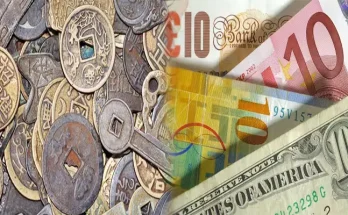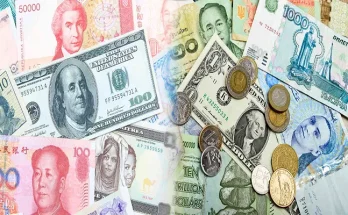Money plays a crucial role in the world of economics as a medium of exchange, unit of account, and store of value. However, one of its lesser-known functions is being a standard of deferred payment. In this article, we will delve deeper into understanding this aspect of money and its significance in the economy.
What is a Standard of Deferred Payment?
A standard of deferred payment is a crucial aspect of a well-functioning monetary system. It refers to the function of money as a medium through which transactions can be conducted, with the expectation that payment will be made in the future. This deferred payment enables economic agents to engage in various transactions, even if they do not have the immediate means to settle their obligations.
Historical Perspective
Understanding money’s role as a standard of deferred payment requires a historical perspective. In primitive economic systems, barter was the predominant mode of exchange. However, as economies grew more complex, bartering became impractical and cumbersome. Thus, the introduction of a medium of exchange, i.e., money, became essential.
Initially, money took the form of commodity money, such as gold or silver. These precious metals held intrinsic value and were widely accepted as a medium of exchange. As economies expanded, the need arose for a more efficient means of conducting transactions. This led to the development of representative money and, eventually, fiat money.
Significance of Deferred Payment
The function of money as a standard of deferred payment has several important implications for individuals and the overall economy:
1. Facilitates Economic Transactions
Money’s function as a standard of deferred payment allows individuals, businesses, and governments to engage in a wide range of economic transactions. Goods and services can be exchanged even when parties involved do not have immediate access to adequate funds. This facilitates economic growth and development.
2. Promotes Investment and Borrowing
By enabling deferred payment, money encourages investment and borrowing. Individuals can borrow money to finance their projects or purchase assets, with the understanding that repayment can be made over time. This promotes entrepreneurship, encourages economic expansion, and supports long-term investment.
3. Reduces Uncertainty and Risk
Deferred payment through money reduces uncertainty and risk for economic agents. It provides a reliable and standardized method of exchanging goods and services over time. Parties involved can be assured that the agreed upon value will hold in the future, minimizing the risk associated with fluctuating prices.
4. Enhances Monetary Policy
Understanding money as a standard of deferred payment is crucial for formulating effective monetary policy. Central banks and policymakers can utilize this function to manage inflation, interest rates, and overall economic stability. By influencing the value of money, policymakers can shape the future economic landscape.
Money’s function as a standard of deferred payment serves as a cornerstone of the economy. It allows for the smooth execution of transactions, promotes investment and borrowing, reduces uncertainty, and enables effective monetary policy. By understanding this crucial aspect of money, individuals and policymakers can better navigate the complexities of the economic world.





